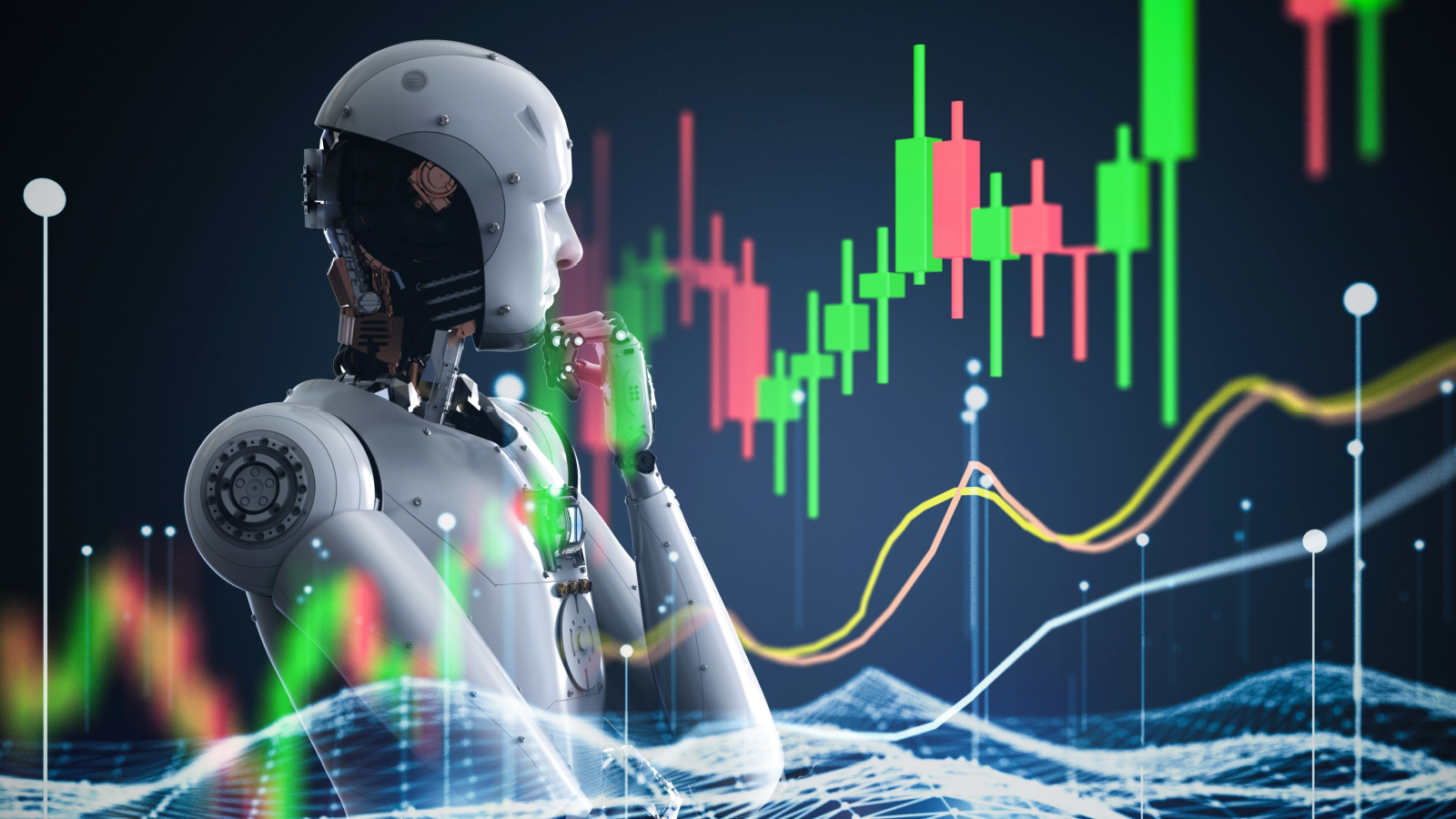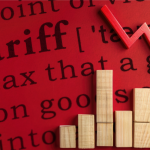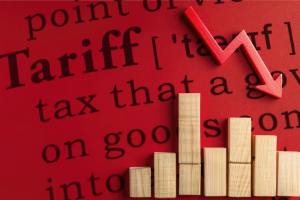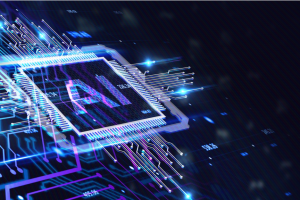
AI’s disruptive power is beginning … the speed of changes is “frightening” …watch out for these timebombs in your portfolio … AI’s enormous wealth-generation potential
Recently, a landscape architect needed coding help for a project.
As the Economic Times reported, a “very good” developer quoted him a fee of $5,000, telling him the project would take about two weeks to complete.
Instead, the architect turned to Artificial Intelligence to handle the job – in this case, GPT-4.
Here’s the architect with the result:
GPT-4 delivered the same in 3 hours, for $0.11.
Genuinely mind boggling.
We know that Artificial Intelligence (AI) is going to radically reshape our world. The problem is that we’re unable to grasp the enormity of that change.
When we discuss disruptive technology, we often reference the ‘90s and the internet. We make those comparisons because they’re both examples of creative destruction. But the changes that are coming from AI are completely different.
Why?
Well, here’s how one Silicon Valley startup CEO recently described the coming impact of AI:
But what we’re looking at now is intelligence itself…
This is the first time we’re able to create intelligence itself and increase its amount in the universe.
He goes on to say that the changes based on this creation of new intelligence will be:
Orders of magnitude greater than every other technological change we’ve ever had in history.
He’s describing exponential change, and unfortunately, humans aren’t good at thinking exponentially. We’re wired to think linearly. So, we fail to grasp the scope of what AI is ushering in.
Here’s Goldman Sachs, quoting Emad Mostaque, founder and CEO of Stability AI, who just spoke at Goldman’s 2023 Disruptive Technology Symposium in London:
The world has been talking about so-called expert systems for decades, but now suddenly, they have actually arrived, Mostaque explained, and the disruption they bring is accelerating.
“I’m not sure that any of us can cope with the speed. You know, frankly it’s terrifying,” he said.
Meanwhile, the speed of the leadership changes in the stock market will likely be just as terrifying
A few days ago, our expert analysts Louis Navellier, Eric Fry, and Luke Lango put together a special research report titled “10 Stocks That Could Go to Zero” due to AI. It’s part of a new research project that they’re discussing tonight at 7 PM ET in a live event called the AI Impact Event.
I’ve seen the list and I’m not happy about it. It’s loaded with wildly popular stocks – I own three of them. I’m betting at least one is in your portfolio right now.
From the report:
Thanks to AI, we’re on the cusp of curing major diseases and totally transforming the way we work, live, and play. However, some things will change for the worse.
We’re about to see massive waves of economic and societal change. We expect record levels of bankruptcies and foreclosures, and over 300 million people worldwide could lose their jobs by the time the destruction is done.
And hundreds, if not thousands, of stocks worldwide could soon go to zero. Because for all the good AI will bring to the world, it will also destroy old and antiquated businesses and industries…
The three of us ran our own analysis on dozens of companies that could soon go to zero as AI continues to evolve. These stocks are household names and held by millions of investors.
I can confirm that these are, indeed, household names – and it’s disconcerting that our experts believe AI would destroy their market leadership and send them to zero.
But the flip side of this creative destruction is the potential for jaw-dropping wealth creation
To help us contextualize the potential gains, let’s revisit the ‘90s internet boom. Again, it’s not an apples-to-apples comparison in terms of the impact on our world, but the investment gains offer us a general north star.
Consider these top-returning internet stocks of the decade:
Micron Technology (MU) – 3,864.84%
Oracle (ORCL) – 4,602.96%
Microsoft (MSFT) – 9,371.48%
QUALCOMM (QCOM) – 17,235.53%
Cisco – 69,253.54%
But these percentages don’t do justice to the life-changing wealth created for lucky investors who rode these stocks higher.
Below, we look at what a $15,000 investment in these respective stocks at the beginning of the ‘90s would have become after those 10 years.
Micron Technology (MU) – $579,726.00
Oracle (ORCL) – $690,444.00
Microsoft (MSFT) – $1,405,722.00
QUALCOMM (QCOM) – $2,585,329.50
Cisco – $10,388,031.00
Let that last one sink in…
Cisco turned $15,000 into more than $10,000,000.
Now, consider that AI will be “orders of magnitude greater than every other technological change we’ve ever had in history.”
Tonight at 7 PM ET, Louis, Eric, and Luke are holding a roundtable discussion about AI’s mindboggling opportunity and enormous risk
Here’s how Louis describes the evening:
Tonight, I’m sitting down with my fellow InvestorPlace analysts – Eric Fry and Luke Lango – for the AI Impact Event to discuss the AI assault on jobs and businesses, among many other topics.
The fact is… the AI Revolution is just getting started – and early movers stand to profit if they act on the right opportunities.
Most businesses – and investors – will lose big time.
But a few will emerge wealthier than ever.
That’s because AI can be a powerful tool for businesses that figure out how to use it correctly.
As investors, we have the opportunity to be on the winning side.
In fact, the companies we are going to be talking about years from now will likely be the AI winners of today…
Louis, Eric, and Luke will be going live right at 7 PM. It’s a free event to join, you just need to click here to access a seat.
Stepping back as we begin to wrap up, what is AI exactly? A tool of destruction or human flourishing?
On one hand, here in the Digest, we’ve profiled the advancements in biotech and healthcare that we’re making thanks to AI. It’s likely the next 10 years will bring the eradication, or successful treatment, of all sorts of diseases – I’ve even read articles suggesting it’ll help end cancer.
On the other hand, there’s Geoffrey Hinton, one of the “Godfathers of Artificial Intelligence,” who announced back in May that he quit his position at Google after 10 years so he can “freely speak out about the risks of AI.”
In The New York Times article published on Monday, May 1, Hinton says he had helped create a monster and is no longer as comfortable pushing boundaries on AI development without regulations in place.
The issue is far too complex for us to draw a neat conclusion. But we do know the amount of creative destruction – and opportunity – will be beyond anything we’ve ever seen.
Join Louis, Eric, and Luke at tonight’s AI Impact Event for a roundtable discussion about what all this means for our world and your portfolio.
Have a good evening,
Jeff Remsburg





